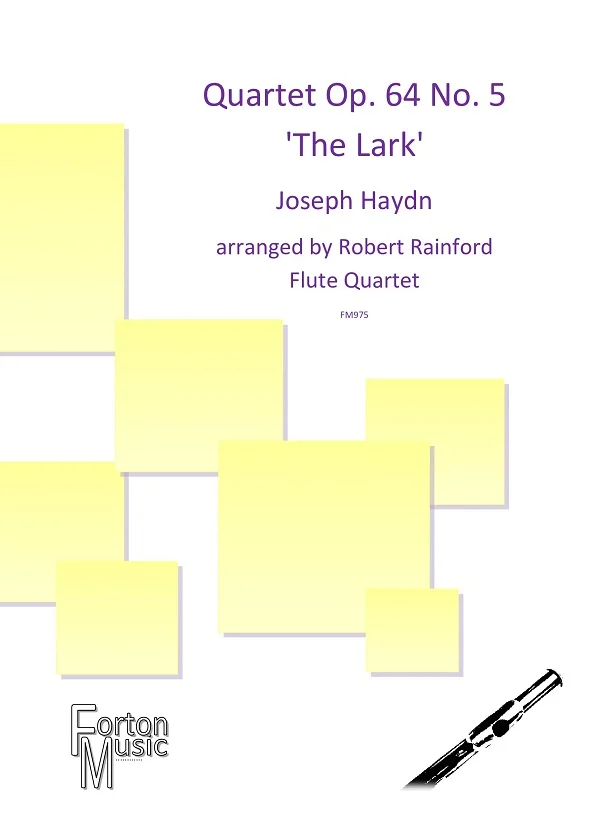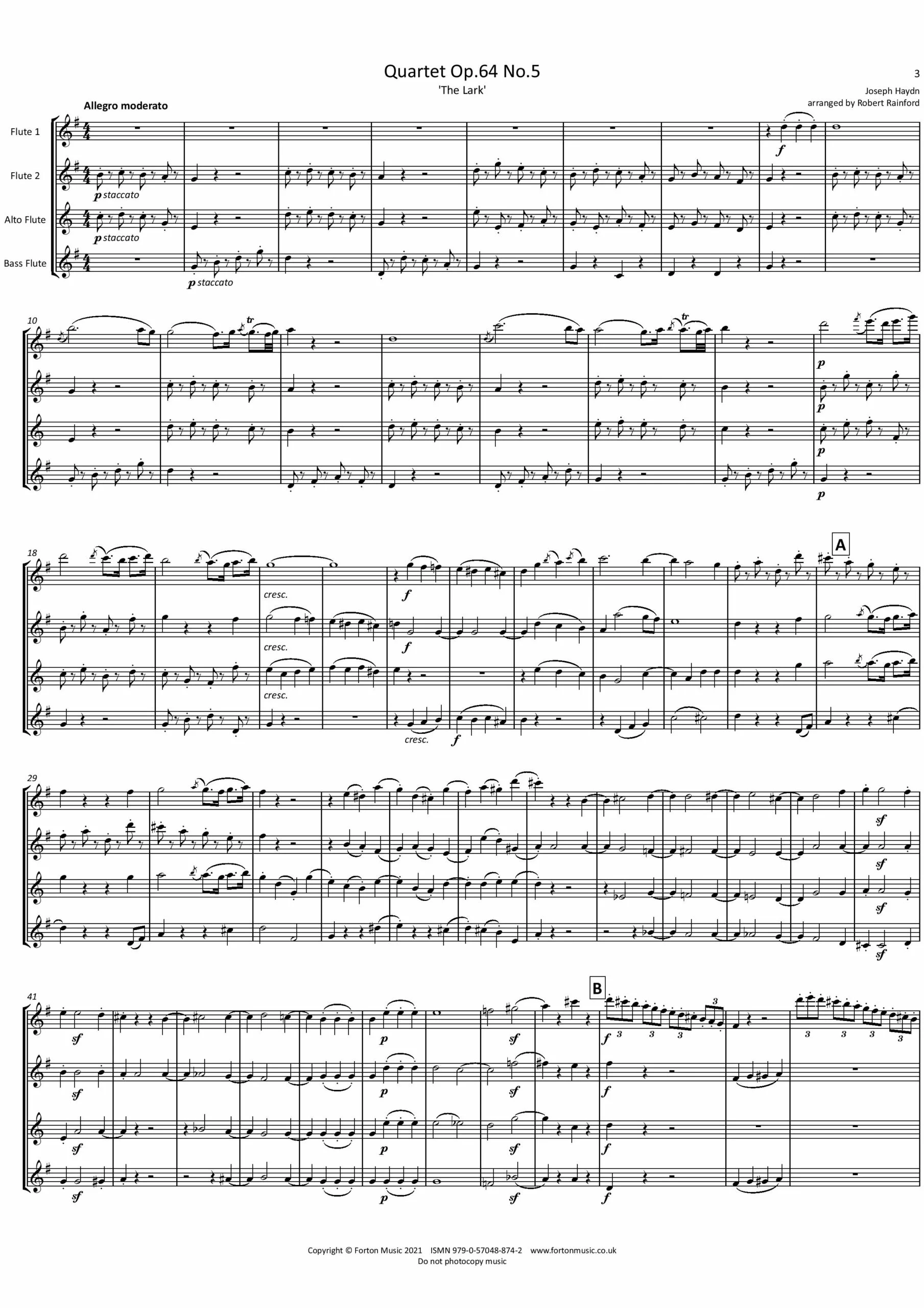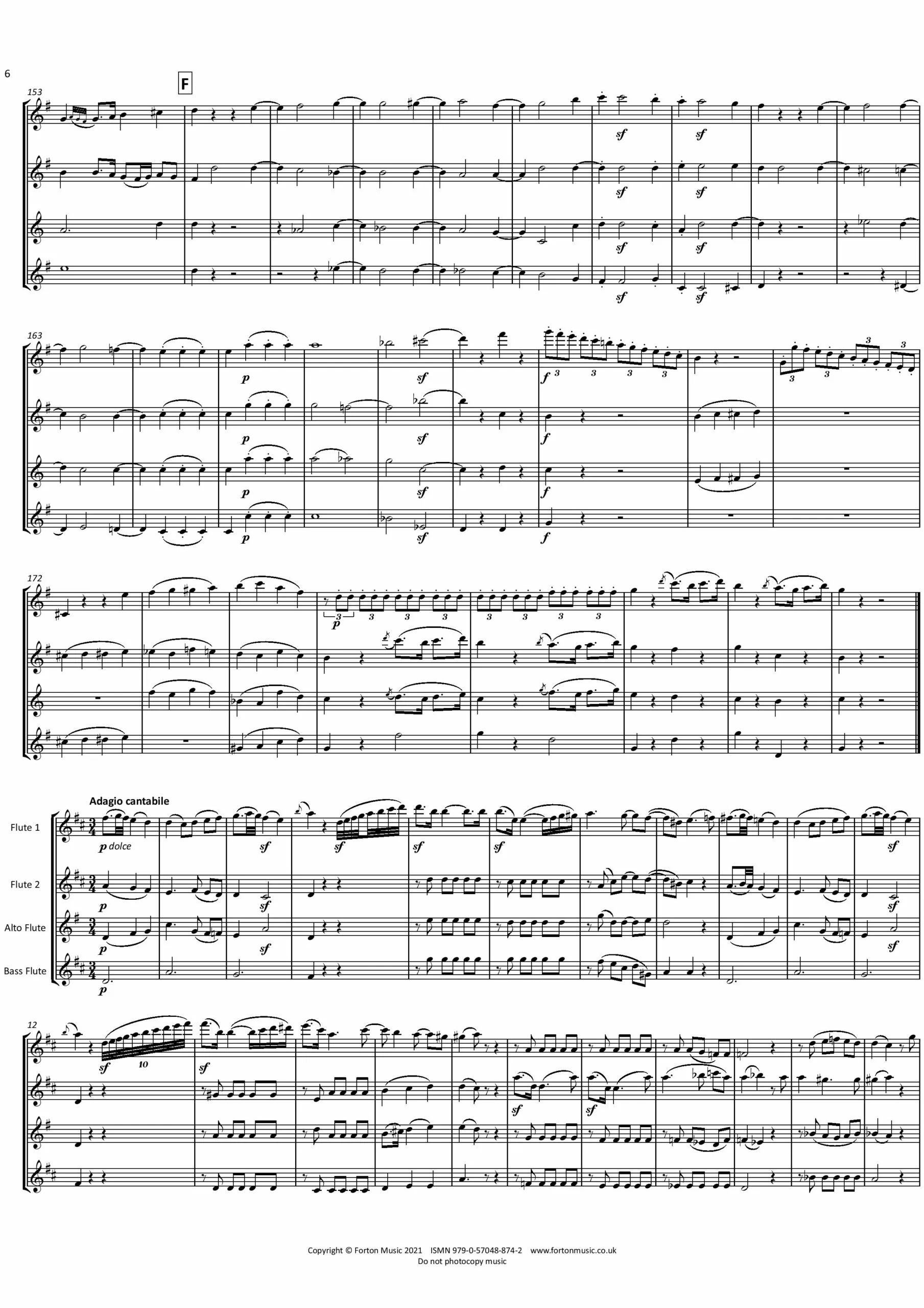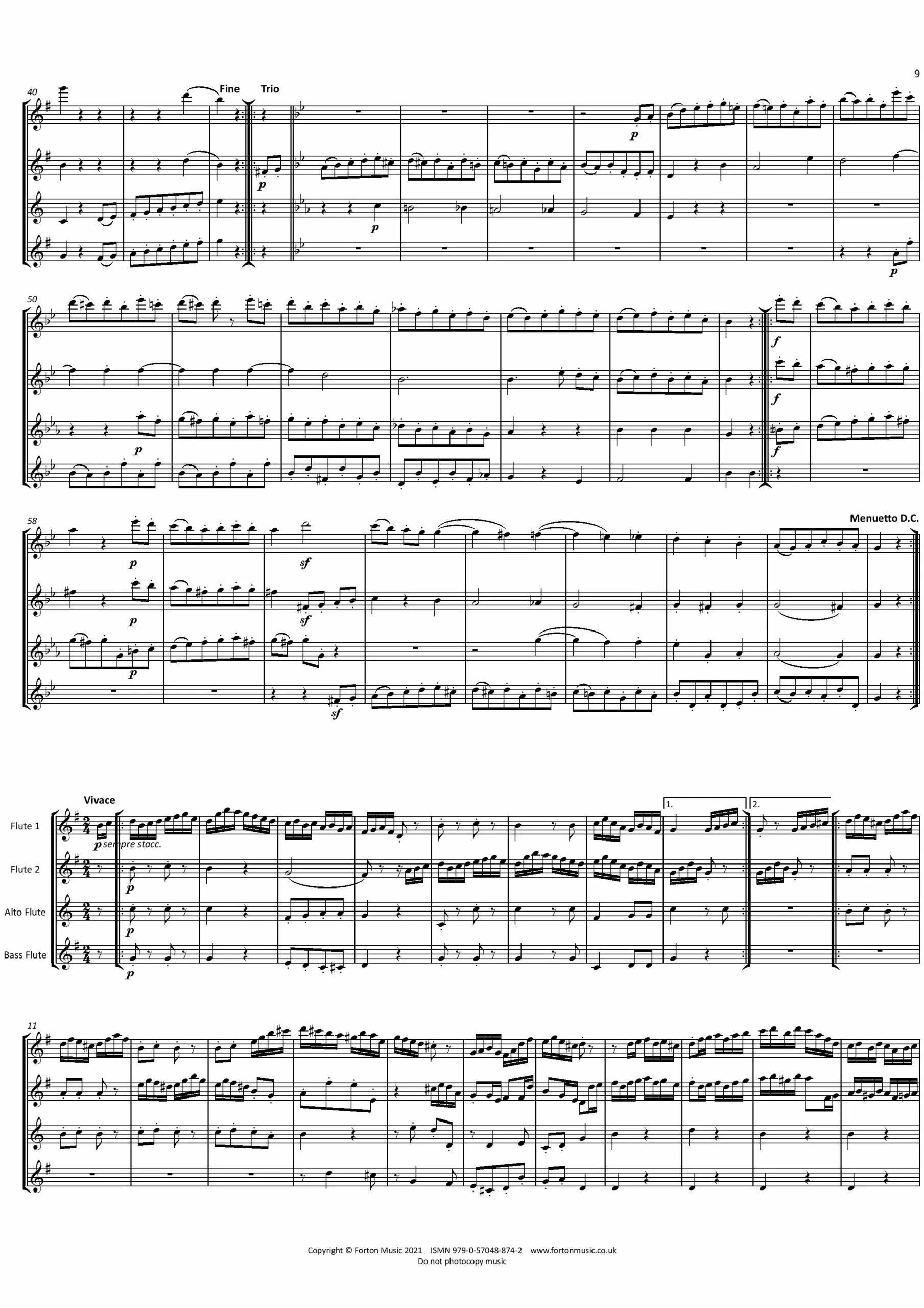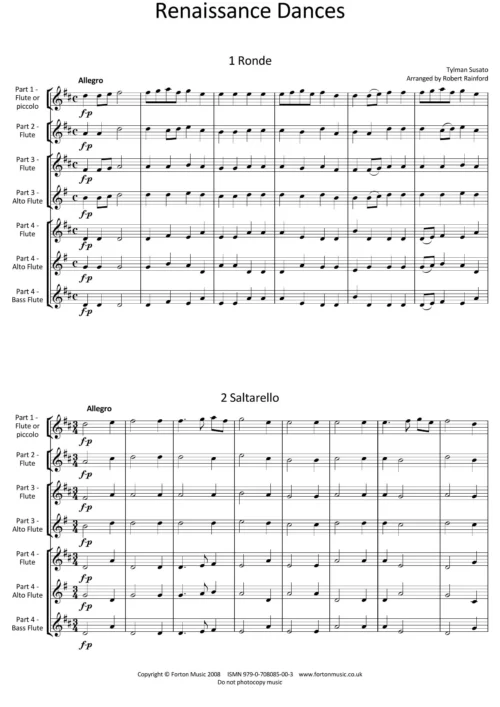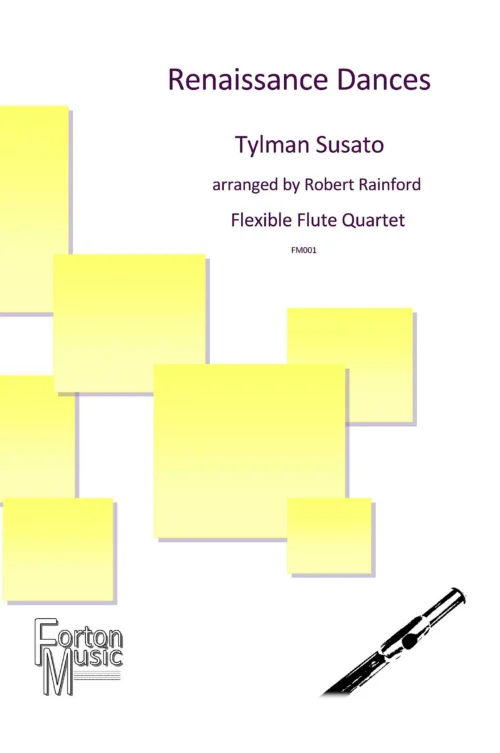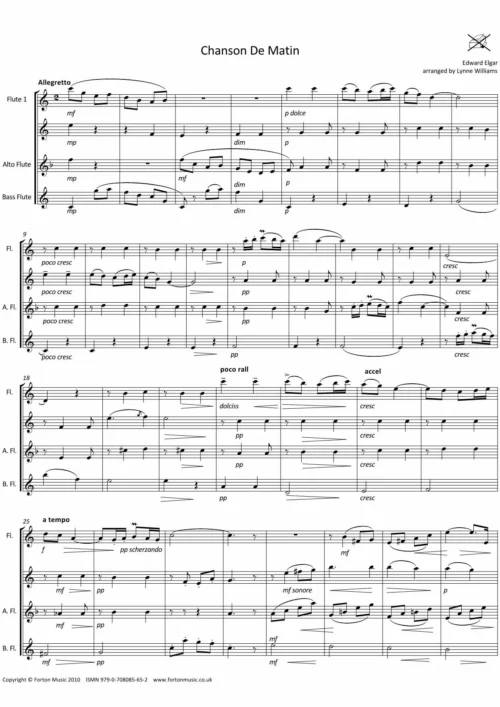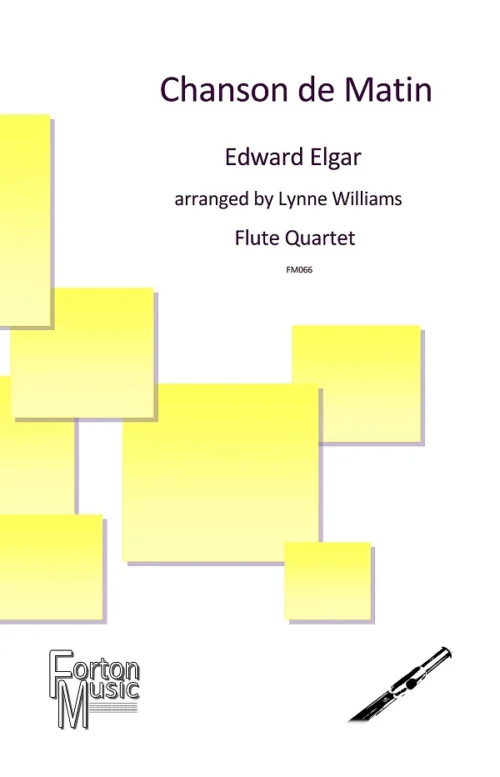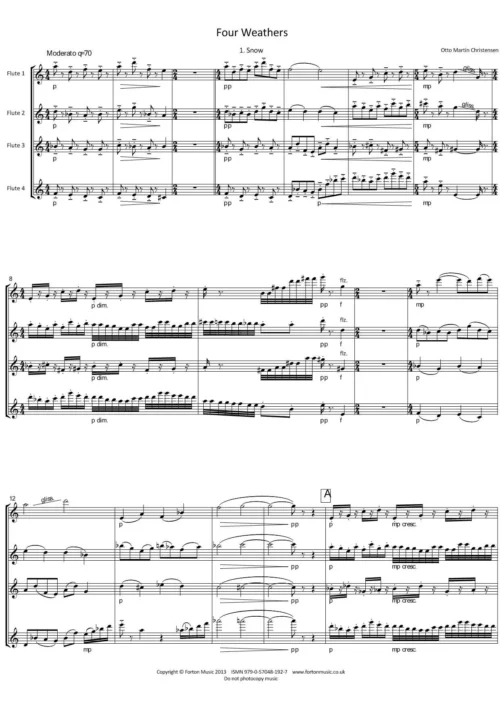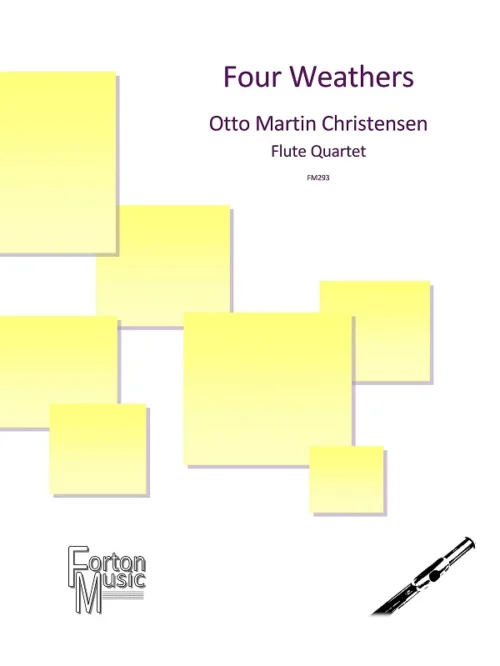Click the links below to see and hear each movement.
Quartet Op. 64 No. 5 ‘The Lark’
Price range: £13.50 through £18.00
Description
Franz Joseph Haydn (31 March 1732 – 31 May 1809) was an Austrian composer of the Classical period. He was instrumental in the development of chamber music such as the piano trio. His contributions to musical form have earned him the epithets “Father of the Symphony” and “Father of the String Quartet”. Haydn spent much of his career as a court musician for the wealthy Esterházy family at their remote estate. Until the later part of his life, this isolated him from other composers and trends in music so that he was, as he put it, “forced to become original”. Yet his music circulated widely, and for much of his career he was the most celebrated composer in Europe. He was a friend and mentor of Mozart, a tutor of Beethoven, and the older brother of composer Michael Haydn.
This quartet is from a set of six string quartets composed in 1790. Along with six earlier quartets published under the opus numbers 54 and 55, they are known as the Tost quartets, after the Hungarian violinist and later merchant Johann Tost who helped Haydn find a publisher for the works. Unlike the earlier quartets, Haydn actually dedicated the Op. 64 set to Tost in gratitude for his efforts. The staccato chords of the second violin, viola, and cello at the beginning of the Allegro moderato (first movement) are answered by a soaring,vibrant melody in the first violin which gives the score its name (an allusion to the sound of a lark). Note the double recapitulation at the end of the movement – one of Haydn’s many musical innovations. The Adagio cantabile is a simple, eloquent song like theme that continues almost uninterrupted in the first violin. The rousing third movement minuet features a chromatic trio in D minor. That key appears again in the fugal episode of the lively finale. Haydn’s capacity to explore and reinvent thematic material is on display par excellence in this masterwork.
Additional information
| composer | |
|---|---|
| arranger | Robert Rainford |
| instrumentation | |
| Select an Option | |
| skill-level |

